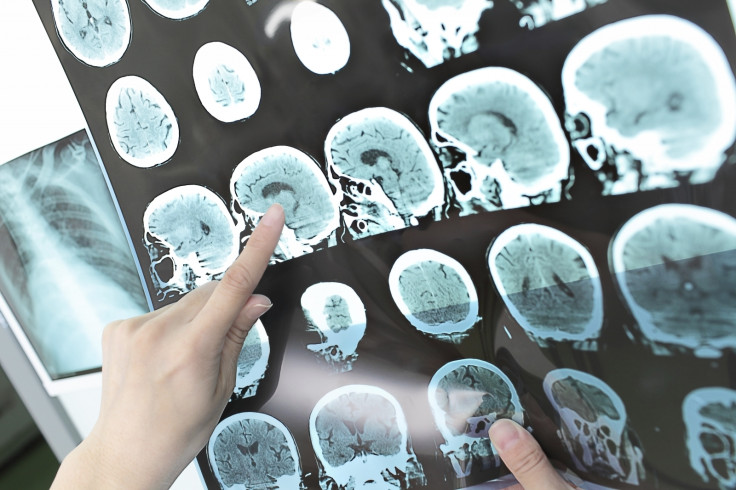MS Awareness Week is shining light on the heartbreaking disease
The impact of multiple sclerosis is far-reaching, as it not only affects those diagnosed with the disease but their families, friends and caregivers as well.

This year, M.S. Awareness Week runs from April 25 to May 1 and is even more crucial as more and more people with comorbidities continue to be at risk during this ongoing COVID-19 pandemic. The pandemic has disproportionately affected those with underlying health conditions, including MS, and has caused disruptions in MS care and research, leading to additional challenges for those living with the disease.
What is Multiple Sclerosis?
Multiple Sclerosis (MS) is a chronic autoimmune disease of the central nervous system that affects approximately 2.8 million people worldwide. MS is characterised by inflammation, damage to the myelin sheath that surrounds nerve fibres, and the formation of scar tissue in the central nervous system.
Symptoms of Multiple Sclerosis
The symptoms of MS vary widely and can include fatigue, muscle weakness, spasticity, difficulty with coordination and balance, numbness or tingling in the limbs or face, vision problems, cognitive impairment, and mood changes. The course of MS is unpredictable and can range from mild to severe, with periods of relapse and remission or a gradual progression of symptoms. While the exact cause of MS has not yet been determined, it is thought to involve a combination of genetic and environmental factors.
There is currently no cure for MS, but there are treatments available to help manage symptoms, slow the progression of the disease, and improve the quality of life for people with MS. The impact of MS is far-reaching, not just for those diagnosed with the disease but for their families, friends, and caregivers as well. That is why the annual MS Awareness Week is so important, as it aims to educate and raise awareness about this often-misunderstood condition.
Public figures with MS who have been vocal about their struggles include Christina Applegate, Jack Osbourne and Selma Blair. These celebrities have announced their diagnosis on social media and have been open about their journey to adapting and overcoming their illness and have been encouraging awareness and starting discourse in the process.
The National Multiple Sclerosis Society (NMSS), a non-profit organisation dedicated to finding a cure for MS, is leading the charge during M.S. Awareness Week. They are calling on individuals and organisations to show their support by raising awareness and taking action in any way possible. This could include sharing information about MS on social media, donating to MS research, or volunteering time to support people living with MS.
The NMSS has also created a range of resources for MS Awareness Week, including educational webinars, virtual support groups, and fundraising events. These resources provide a valuable opportunity for people to learn more about MS and connect with others who are affected by the disease.
One of the key messages of MS Awareness Week is that MS is not a one-size-fits-all disease. There are many different types of MS, and each person's experience with the disease can be unique. It is essential to understand this when supporting someone with MS, as their needs and challenges may be different from others with the same diagnosis.
Overall, MS Awareness Week is a critical time for the MS community to come together, raise awareness, and work towards a cure. It is a reminder that while MS can be a challenging condition, there is hope and support available. By educating ourselves and others about MS, we can help break down barriers and ensure that those living with the disease receive the care and support they need.
Another recently celebrated week-long event dedicated to raising awareness of a certain health issue is Fibroid Awareness Week which was observed from April 25th to May 1st. This important event highlighted the need for more education and research around uterine fibroids as by increasing awareness and providing resources, women can feel empowered to take control of their health and seek the treatment they need to live healthy and fulfilling lives.
© Copyright IBTimes 2025. All rights reserved.






















